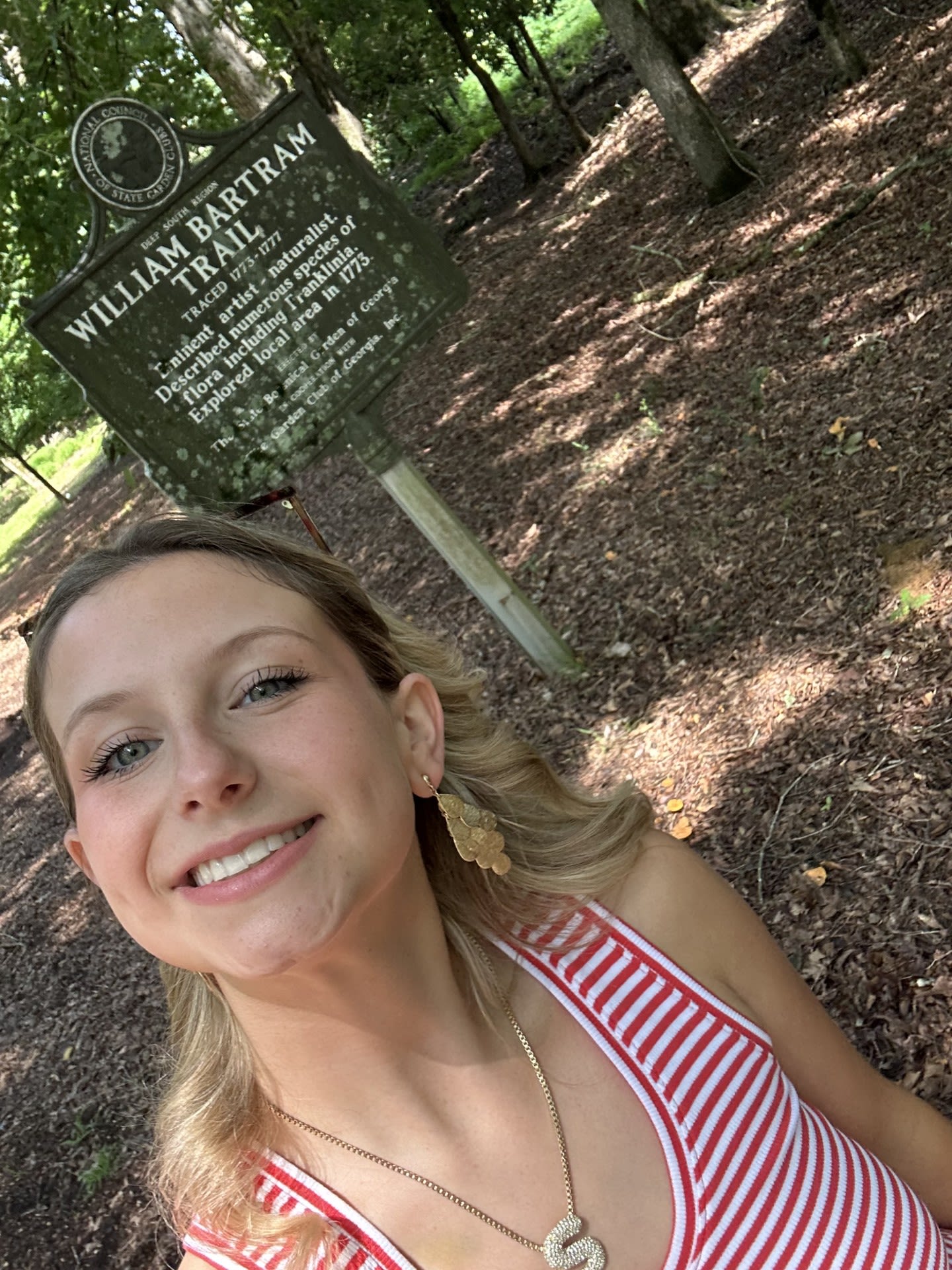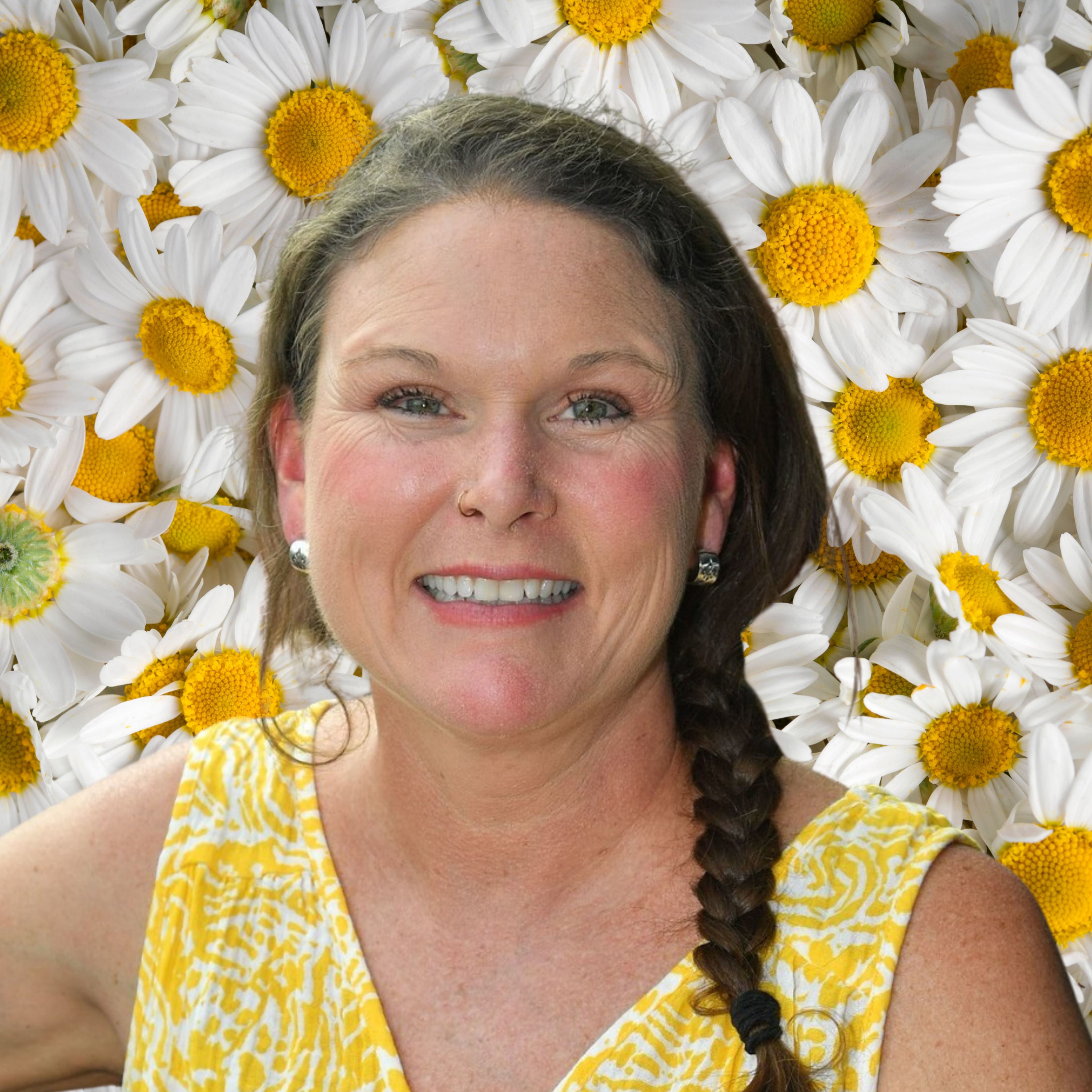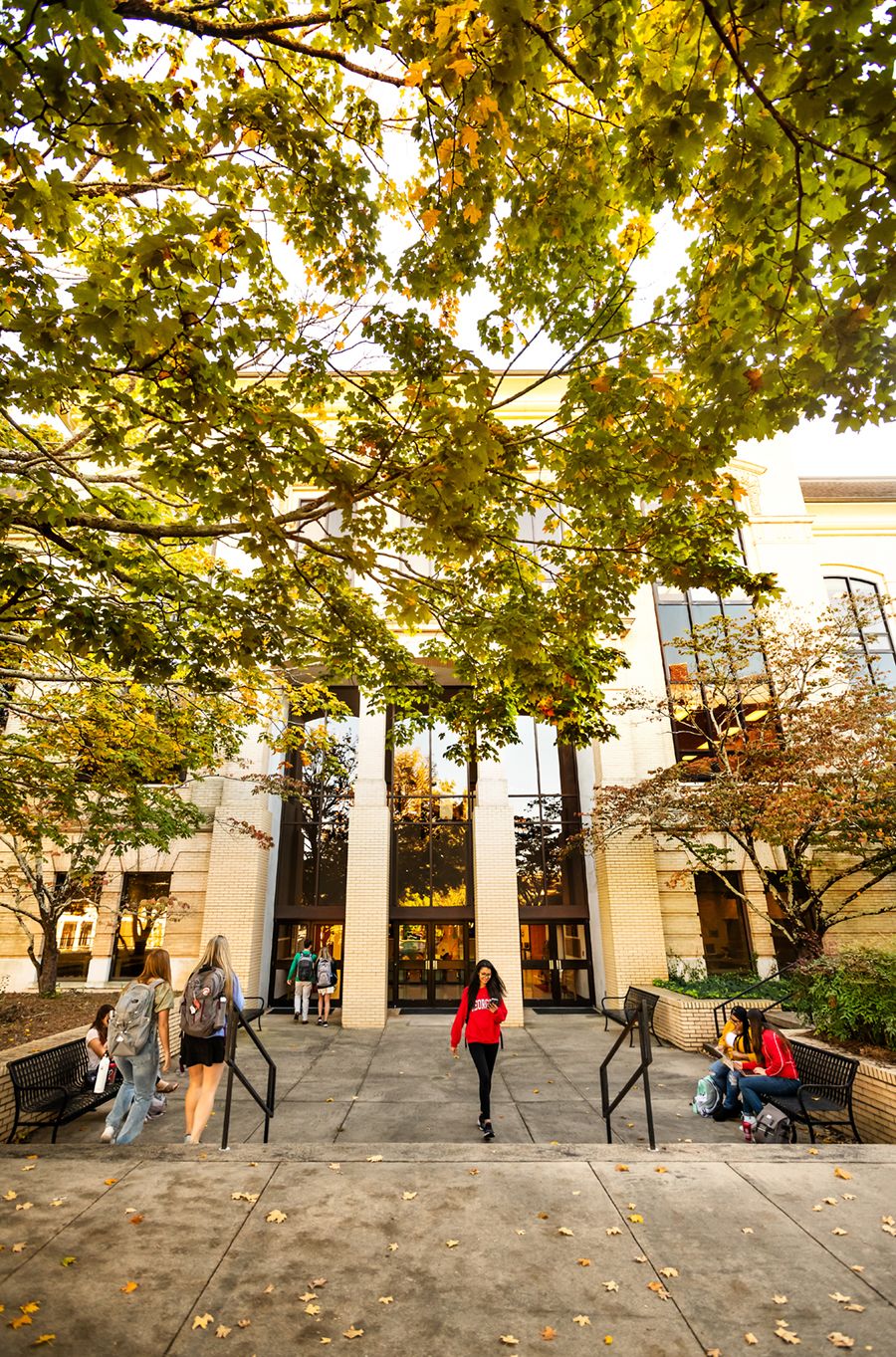Horticulture course explores complex relationships between plants, people and the planet
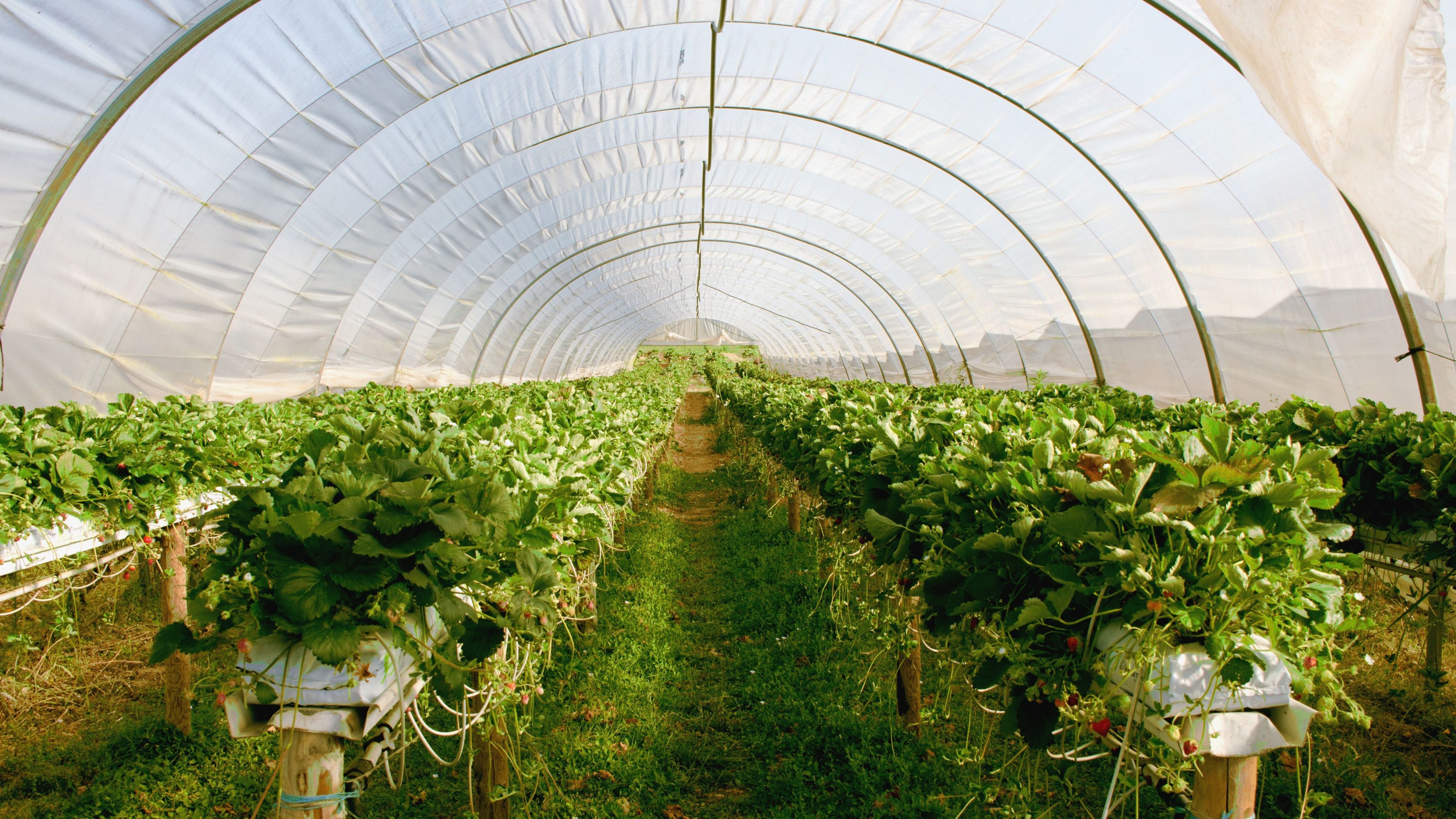
Plants make human life possible, but it’s easy to forget how much we rely on the food, fiber and other essentials they provide. For many, there is little exposure to how large-scale plant production works.
Heather Kirk-Ballard, an assistant professor and University of Georgia Cooperative Extension specialist in sustainable urban landscapes in the Department of Horticulture, wants to change that.
In her class, “Sustainable Plant Production,” or HORT 2000E, students explore how to grow, use and care for plants. The course covers plant biology, propagation, pest management and more, while encouraging students to think critically about sustainability and the impacts of climate change on plant production.
Hands-on learning
This breadth of study is brought to life through hands-on assignments. Over the semester, students:
- Visited a local botanical or community garden and reflected on how public gardens contribute to health and community life.
- Completed a virtual propagation lab challenge by designing a step-by-step propagation protocol for a chosen plant species.
- Conducted field observations, identifying plants by both common and scientific names and describing features like leaf type, flowers and growth habit.
- Played the role of plant detective in an integrated pest management (IPM) game, diagnosing real-world pest and disease issues and creating sustainable management plans.
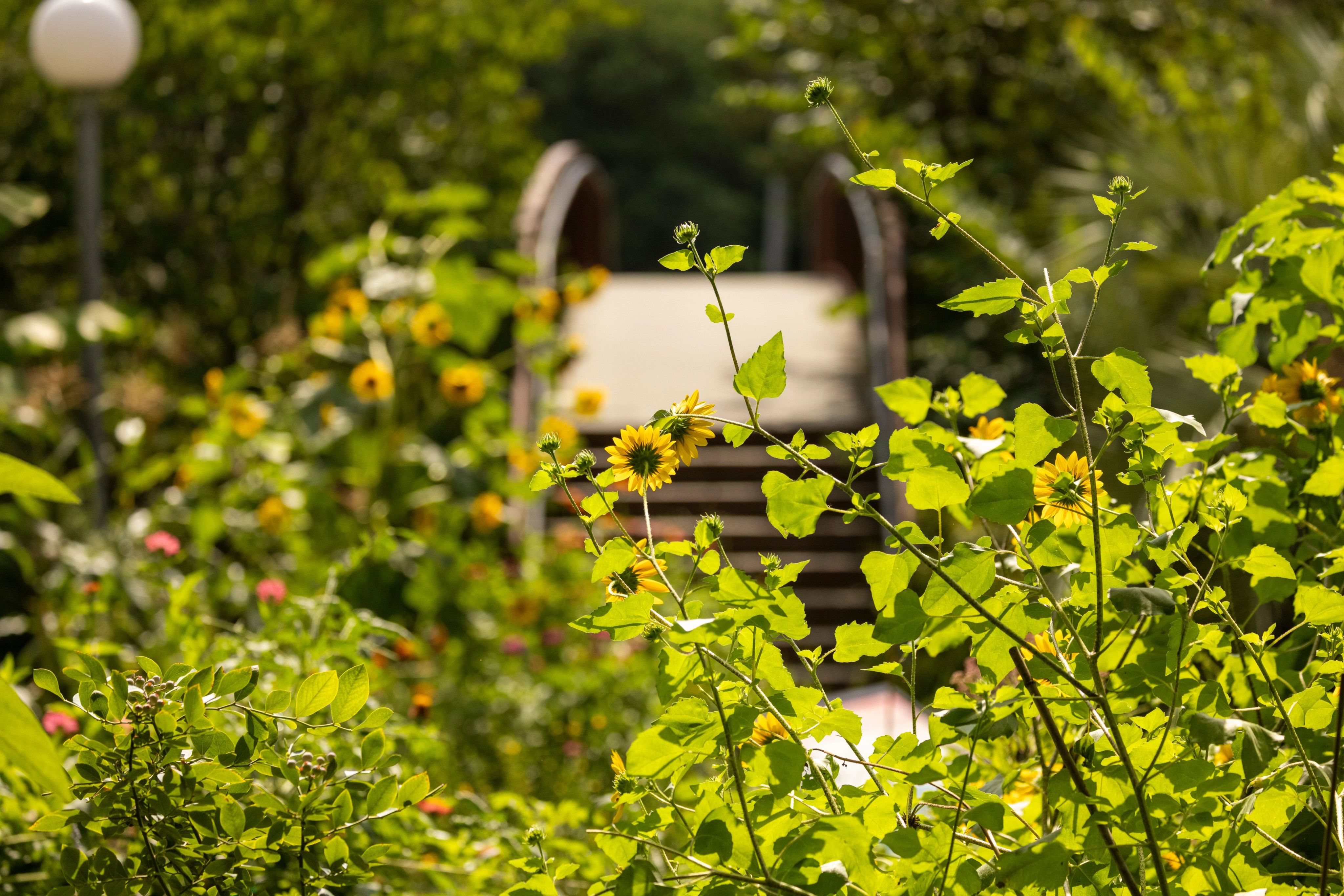
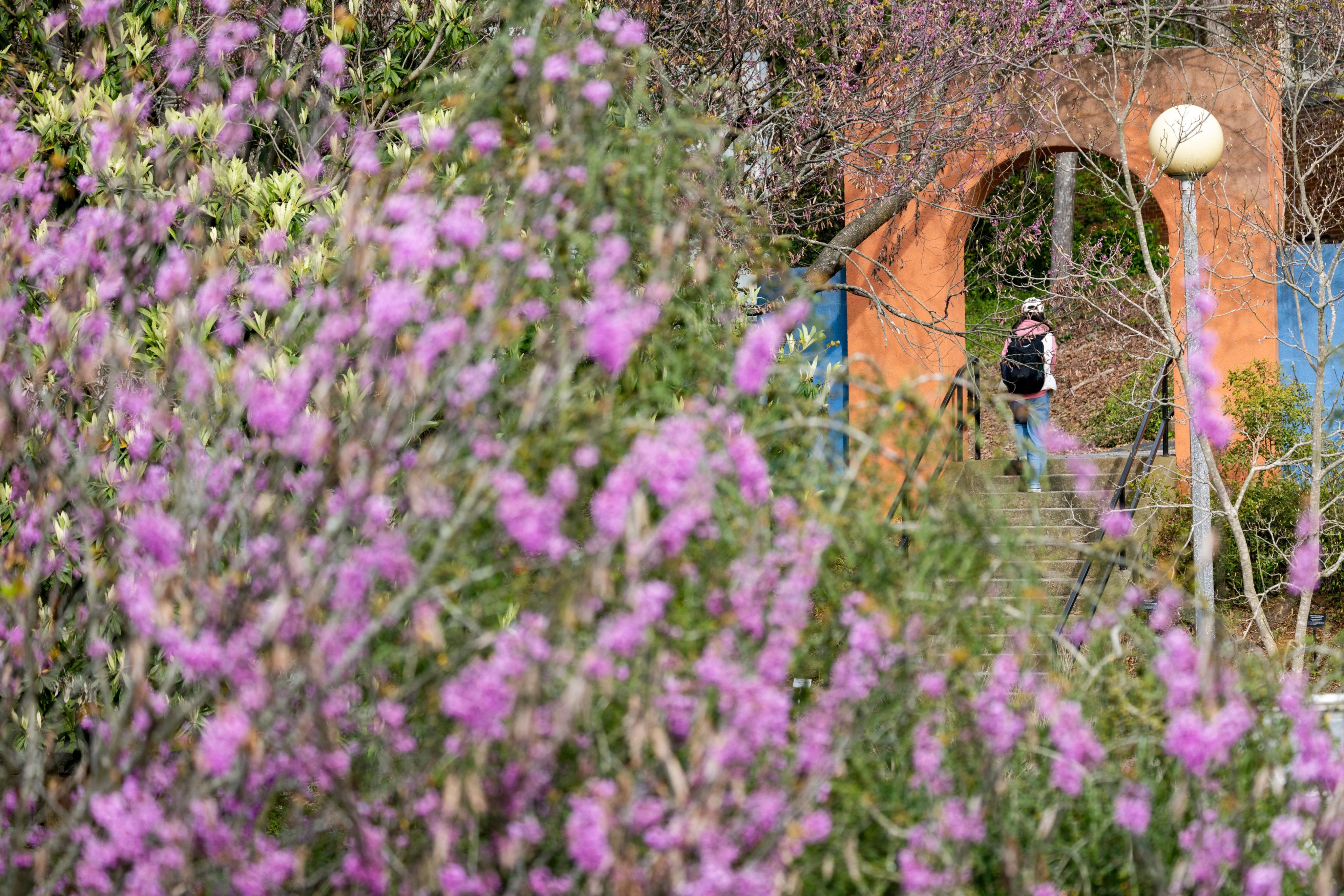
Inspiring students of all majors
The class fulfills UGA's Environmental Awareness requirement and, when taken with a lab, also satisfies the Life Sciences requirement. Open to students of all majors, it attracts learners from across campus who share a curiosity and appreciation for plants.
One of those students, Sydney Fennell, an advertising and public relations major in the Grady College of Journalism and Mass Communication, enrolled because of her personal passion for plants. An aspiring pharmaceutical marketer, she learned about medicinal and herbal plants and was also excited to apply the course to her personal life.
Sydney Fennell poses in front of a marker for William Bartram Trail at the State Botanical Gardens of Georgia. (Submitted photo)
Sydney Fennell poses in front of a marker for William Bartram Trail at the State Botanical Gardens of Georgia. (Submitted photo)
"After taking HORT 2000E, I have a significant amount of knowledge regarding plant life, my personal favorite being the propagation of plants for reproduction. I am enthusiastic to apply the knowledge I learned further, as I plan to assist with gardening and landscaping at my parents' home."
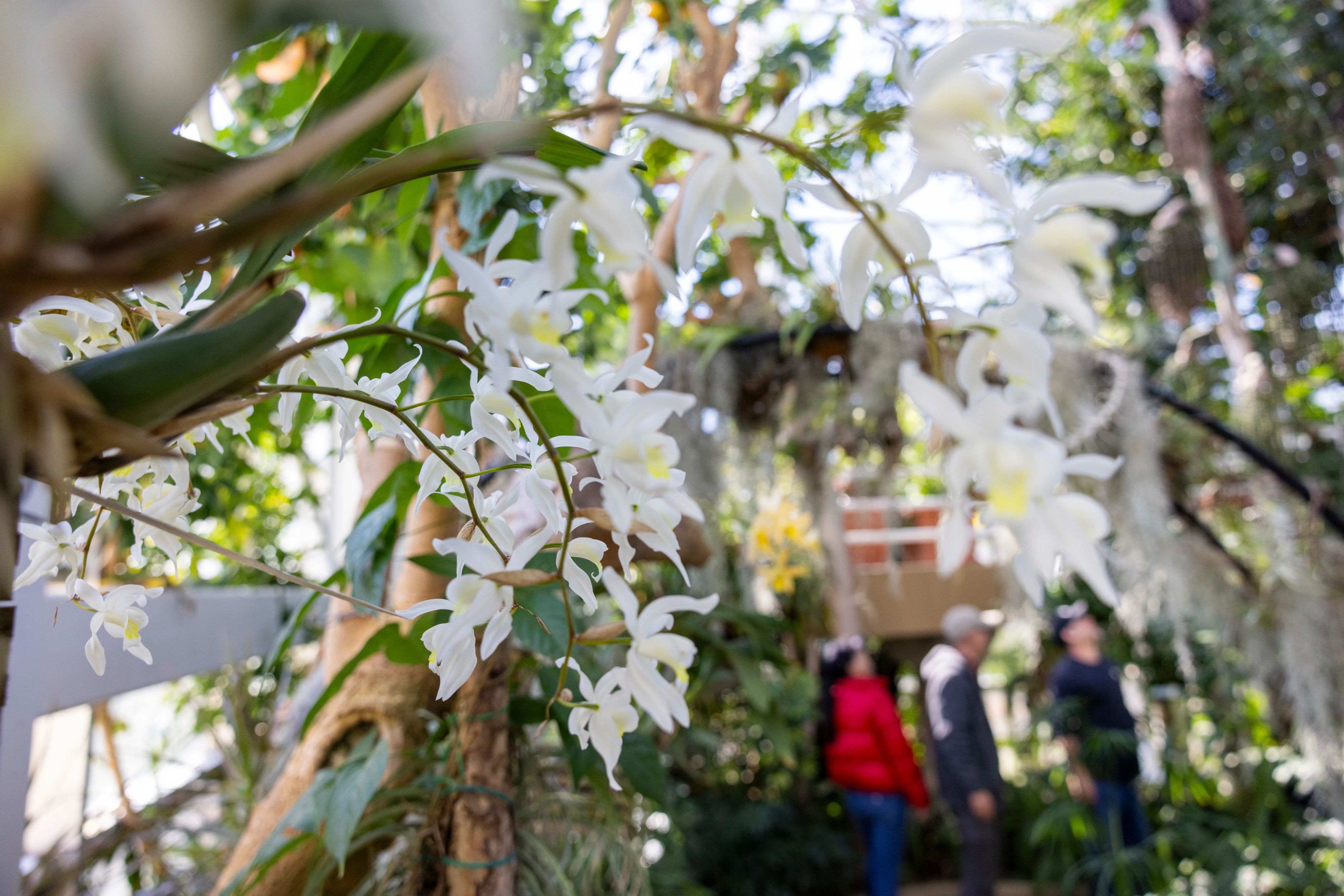
Cultivating a love for plants
Students in the course, including Fennell, come away with a deeper understanding and appreciation for the many ways plants are cultivated and used.
That is a win for Kirk-Ballard, whose goal is to help “horticulture come alive” for her students.
"I still get goosebumps talking about how plants enrich our lives. I hope students see plants in a whole new light after taking my class and are inspired to cultivate their curiosity about the incredible world of horticulture and the myriad ways plants sustain us," Kirk-Ballard said.
Heather Kirk Ballard, assistant professor and Extension specialist in the Department of Horticulture, wants the science of cultivating plants to come alive for students. (Submitted photo)
Heather Kirk Ballard, assistant professor and Extension specialist in the Department of Horticulture, wants the science of cultivating plants to come alive for students. (Submitted photo)
Learn more about course offerings through the UGA Department of Horticulture at hort.caes.uga.edu.
Interested in becoming a CAES student?
Schedule a campus visit and learn more about the admissions process today.
CAES students work alongside world-class scientists to get hands-on experience in their field. Through scholarship opportunities, small class sizes and faculty support, CAES students are empowered to become the next generation of leaders.


